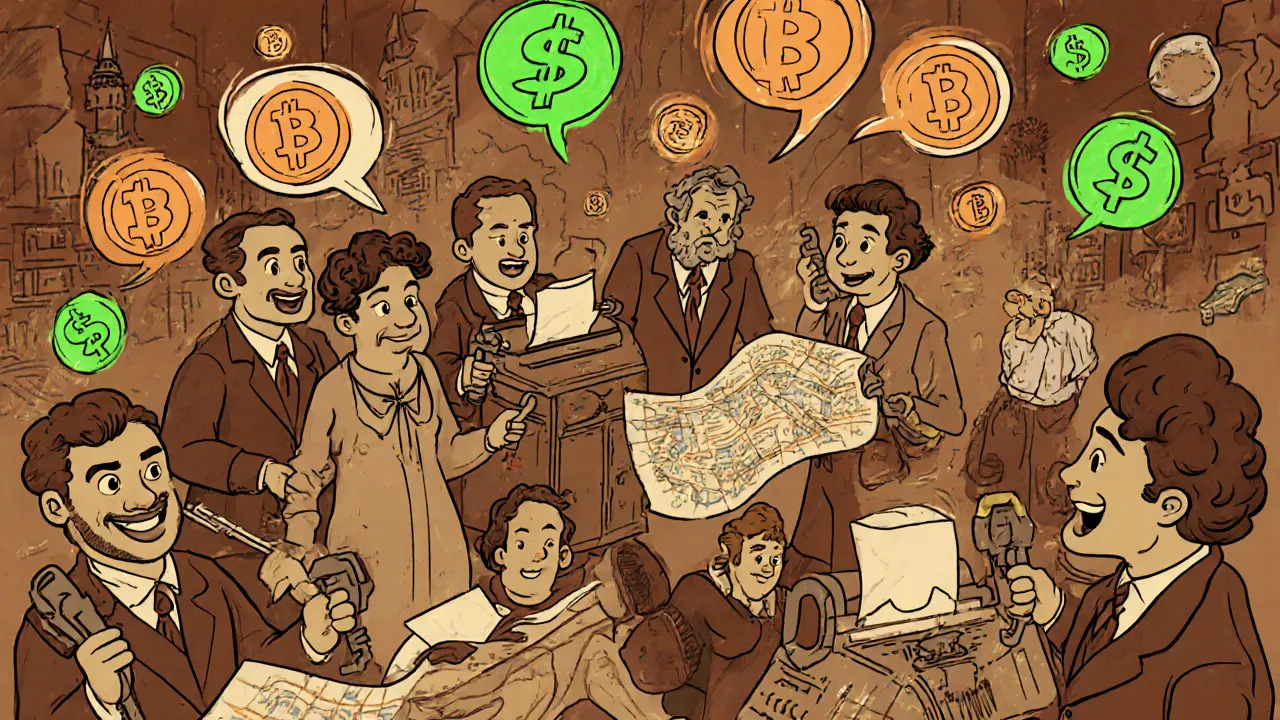Crypto Payment Ban in Turkey: What It Means and How It Affects Users
When Turkey banned crypto payment ban Turkey, a 2021 regulation that prohibits using cryptocurrencies like Bitcoin and Ethereum to pay for goods and services. Also known as digital currency payment restrictions, it was meant to protect consumers and stabilize the Turkish lira—but it didn’t stop people from buying or holding crypto. The rule didn’t make owning Bitcoin illegal. It didn’t shut down exchanges. It just said you can’t use crypto to buy your coffee, phone, or groceries. Banks and payment providers had to block transactions that tried to move crypto as payment. The central bank said it was about reducing risks from volatile prices and unregulated platforms. But for many Turks, crypto became a lifeline during inflation spikes—so the ban felt more like a bandage than a cure.
The Turkey crypto regulations, a mix of restrictions and gray-area allowances that shape how crypto is used legally in the country. Also known as digital asset rules, it’s a strange hybrid: you can trade crypto on Binance or Koinim, you can hold it in your wallet, you can even mine it—but you can’t pay with it. This created a split between financial behavior and legal boundaries. People still use peer-to-peer platforms like LocalBitcoins or Paxful to convert crypto to cash, then buy what they need. Some businesses quietly accept crypto in cash equivalents. The government hasn’t cracked down hard on individuals, but it keeps tightening rules for exchanges and financial institutions. Meanwhile, cryptocurrency ban, a broader term describing when governments block crypto use as a medium of exchange. Also known as digital currency payment prohibition, it’s not unique to Turkey—El Salvador embraced it, while Nigeria and Egypt have tried similar limits. But Turkey’s case stands out because its economy is unstable, and crypto filled a real gap. People didn’t turn to crypto because it was trendy—they turned to it because the lira lost 40% of its value in two years. The ban forced innovation, not abandonment. Wallets got smarter. P2P trading grew. Remittances moved through crypto bridges. And while the government talks about launching its own digital lira, most Turks still trust Bitcoin more than their own bank.
What you’ll find in the posts below isn’t just news about the ban—it’s the real stories behind it. From how people bypass restrictions to how exchanges adapted, from the rise of local crypto hubs to the scams that exploded in the gray zone. These aren’t theoretical debates. These are people’s daily choices in a country where money lost its meaning—and crypto became the only reliable alternative.

